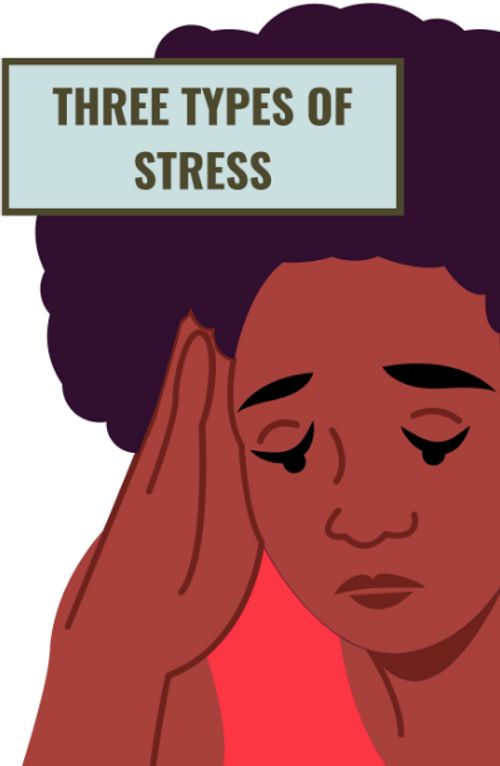The psychology of stress
Apr 08, 2022 · 2 mins read
0
Share
Introduction. To be human is to experience stress. Stress is not a unidimensional, one-off sensation - it's a multidimensional, prolonged one. In this Memo, learn about different aspects of stress, why the same stressor gets different responses out of different people, and more👇
Save
Share
This Memo draws from the research of Richard Lazarus, one of the 100 most cited psychologists of the 20th century. In particular, his book Stress, Appraisal, and Coping(1984) depicts stress as an emotion that is shaped by the person's perception, previous experience, and beliefs.
Save
Share
Primary appraisal. When encountering novel stimuli, the human brain tries to determine whether it is "irrelevant, benign-positive, or stressful." This first layer of analysis is called primary appraisal. Stressful further splits into "harm/loss, threat, and challenge."
Save
Share
3 types of stress. Harm is the loss that has already been occurred, threat is the potential for future harm, and challenge "refers to events that hold the possibility for mastery or gain." The same stressor can be considered as a threat by one person and as a challenge by another
Save
Share
Secondary appraisal. At the second level of analysis, people determine "what might and can be done." People try to find out if the resources, experiences, and support available to them are sufficient or insufficient in meeting the threat or the challenge posed by the stressor.
Save
Share
Two types of coping. Problem-focused coping focuses on "managing or altering the problem" itself while emotion-focused coping focuses on managing or altering the emotional reaction to the problem.
Save
Share
Importance of timing. A pregnancy at 15 is a disaster, at 25 a celebration - timing determines whether some events induce stress or not. Lazarus writes that wrong timing deprives "the person of the support of compatible peers" or the chance to indulge in "anticipatory coping."
Save
Share
The importance of commitment. Lazarus writes: " The deeper a person's commitment, the greater the potential for threat and challenge, yet at the same time, the depth of commitment can also push a person toward ameliorative action and help sustain hope."
Save
Share
Long-term consequences of stress. The success or failure of the response to the stressor will shape its effect on the person's somatic health, long-term wellbeing, and social functioning. Positive morale is maintained by finding potential gain in all threats.
Save
Share
Bottom line. One's response to stress can be transformed by changing one's commitments and appraisal styles. By developing skills, amassing resources, and cultivating effective support networks, previously stressful stimuli can become welcome challenges.
Save
Share
0
